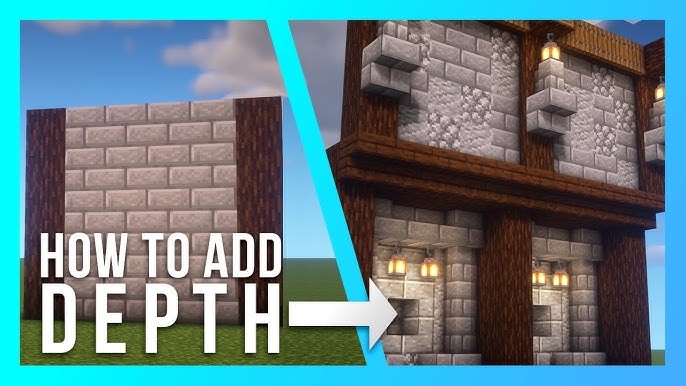When you build for depth, you make a conscious decision to resist the pull of shortcuts, surface-level wins, and fleeting attention. You choose to go beyond what’s visible and obvious, and instead invest in what’s lasting, meaningful, and often more difficult to measure. In a business world that often rewards speed and scale, building for depth can feel countercultural. But it’s precisely this commitment to substance over spectacle that creates enduring value. Depth is what gives a business its roots—its ability to weather change, to grow with integrity, and to matter in ways that metrics alone can’t capture.
Depth begins with intention. It’s about knowing what you stand for and being willing to explore that fully. Businesses that build for depth don’t just ask what they’re doing—they ask why they’re doing it, who it’s for, and how it will make a difference. That kind of clarity doesn’t come from a brainstorming session or a clever tagline. It comes from reflection, from listening, and from a willingness to dig beneath the surface. Patagonia, for example, didn’t become a leader in sustainable business by accident. It built its identity around environmental responsibility and then followed through with deep commitments in its supply chain, its activism, and its storytelling. That depth of purpose is what sets it apart.
When you build for depth, you also build trust. Customers can sense when a company has done its homework, when it understands their needs not just at a transactional level but at a human one. That kind of understanding doesn’t come from surveys alone—it comes from immersion, from spending time with people, from caring enough to ask better questions. Businesses that take the time to understand their audience deeply are able to create products and services that feel intuitive, relevant, and even personal. They don’t just meet expectations—they exceed them in ways that feel thoughtful and deliberate.
Depth also shows up in how a company approaches its craft. Whether it’s the design of a product, the tone of a brand voice, or the structure of a customer experience, attention to detail signals respect. It says, “We care enough to get this right.” That care is contagious. It elevates the work and invites others to engage more fully. Think of companies like Apple, where the unboxing experience is as considered as the product itself. Or a boutique hotel that remembers your name and your preferences, not because it’s programmed to, but because someone took the time to notice. These moments of depth create emotional resonance, and that resonance builds loyalty.
Internally, building for depth means investing in people, not just roles. It means creating a culture where growth is not just about climbing a ladder, but about expanding capacity, deepening skills, and aligning work with purpose. It’s about mentorship, not just management. Development, not just delegation. When employees feel that their contributions are valued beyond output—that their ideas, perspectives, and potential are seen—they bring more of themselves to the work. That depth of engagement fuels innovation, collaboration, and resilience.
Depth also requires patience. It’s not the fastest route, and it doesn’t always produce immediate results. But it creates a foundation that can support complexity and change. Businesses that build for depth are better equipped to navigate uncertainty because they’ve taken the time to understand their systems, their stakeholders, and their values. They don’t panic when the market shifts—they adapt with clarity and confidence. They’ve built not just a business, but a philosophy of how to operate in the world.
There’s a quiet power in depth. It doesn’t always shout, but it speaks volumes. It shows up in consistency, in integrity, in the way a company handles both success and failure. It’s what allows a brand to evolve without losing its essence, to scale without diluting its soul. And while it may not always be the most glamorous path, it’s often the most rewarding. Because depth creates meaning, and meaning is what people remember.
In a time when attention is fragmented and trends move at the speed of a scroll, building for depth is an act of defiance—and of care. It’s a choice to prioritize what matters over what’s momentarily popular. It’s a commitment to doing the hard work of understanding, refining, and delivering with excellence. And it’s a belief that the most valuable things in business, as in life, are those that are built to last. When you build for depth, you don’t just create a business—you create a legacy.




